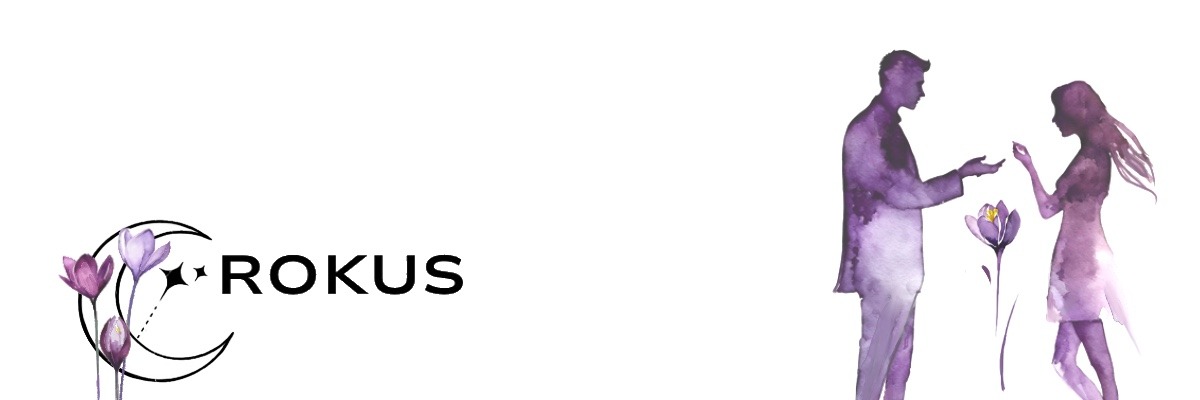Hidden emotions are often seen as small, unimportant issues that seem too trivial to address. Yet, these suppressed feelings have a way of affecting the overall health of your relationship. When emotions are left unspoken, they don’t simply disappear—they start to build up, growing like a silent storm cloud that, eventually, will unleash. The idea that ignoring emotions or letting them “fade away” is a healthy approach couldn’t be further from the truth. Hidden emotions can lead to feelings of resentment, frustration, and disconnection, and can, if left unchecked, destroy the very bond that holds the relationship together.
At first, it might seem like things are fine. You go about your days, not really talking about the things that are bothering you. Perhaps you argue, but it doesn’t seem like a big deal. Yet, as time passes, unaddressed feelings begin to quietly shape your actions. A dismissive comment here, a feeling of indifference there, a look of frustration or sadness that gets ignored—all these moments start to accumulate, and the connection between you and your partner begins to fade. What is it called when someone hides their emotions? When someone hides their emotions, it’s often referred to as emotional suppression or repression.
A Real-Life Example of Emotional Suppression
Consider Alex and Emma. They had been in a relationship for several years, and on the surface, everything seemed normal. However, Alex often felt frustrated with the lack of emotional connection in their relationship. Emma, a naturally independent person, never seemed to want to talk about her feelings or their relationship. Alex tried to bring it up a few times, but Emma shut him down with quick comments like, “It’s not a big deal,” or “I’m fine.” So, Alex started bottling up his emotions, thinking that if Emma didn’t want to talk about it, then it must not matter.
Over time, Alex’s frustration grew, but he didn’t know how to express it. Instead of directly communicating his needs, he started withdrawing emotionally, thinking that he would avoid conflict this way. Emma, too, was holding onto her own emotions. She had issues of her own, but because Alex seemed so distant, she didn’t feel safe sharing her struggles. The couple’s emotional distance kept growing until one day, in the midst of a mundane argument, the hidden emotions spilled out in an overwhelming flood. The result? A significant breakdown in trust and understanding, and it took a long time to rebuild.
What happened to Alex and Emma is all too common. When someone is hiding their feelings, they create a barrier between themselves and their partner, and without honest communication, that barrier only grows taller. The longer emotions are kept in, the harder it becomes to express them. They fester like an untreated wound, leading to emotional scars that are harder to heal.
The Importance of Acknowledging Hidden Emotions
The act of acknowledging your emotions, no matter how difficult, is vital for a healthy relationship. It’s not about “letting it all out” in a way that’s overwhelming or hurtful to your partner, but it’s about being honest about your feelings in a way that encourages growth and understanding. Emotional intimacy cannot exist without vulnerability, and emotional vulnerability thrives on honesty.
As Dr. John Gottman, a well-known psychologist in the field of relationships, puts it, “Emotional bids are a way of seeking connection… If your partner doesn’t respond to your emotional bids, over time it can create a breakdown in the relationship.” When emotions are left unexpressed, it is like an emotional bid that is ignored, causing a gradual but steady emotional separation between the partners. Dr. Gottman’s research on relationships shows that emotional responsiveness from both partners is one of the most important predictors of relationship success.
How Hidden Emotions Affect Trust and Communication
When emotions are not shared openly, it can cause a significant breakdown in communication. This is especially true when one or both partners feel like they’re carrying emotional weight alone. In a relationship, it’s essential to share not only the happy and uplifting moments but also the struggles, frustrations, and worries. If one partner is constantly suppressing their feelings, it can feel like they are not truly “showing up” in the relationship, which creates a sense of emotional isolation.
Take the case of Lauren and James. Lauren had been in a relationship with James for a few years, but over time, she began feeling unheard. James had a tendency to bottle up his feelings, believing that expressing any sort of dissatisfaction would create conflict. At first, Lauren tried to talk to him about how she felt, but James would shut down the conversation, saying he was “fine” or “didn’t want to argue.” This avoidance left Lauren feeling lonely, despite being in a relationship. Eventually, Lauren started feeling more like a roommate than a partner. The lack of emotional expression on James’s part led to a slow but inevitable erosion of their connection. The more Lauren tried to express herself, the more James withdrew, until one day, she could no longer pretend everything was okay.
This is a prime example of how hidden emotions can prevent a relationship from thriving. When emotions are buried, they shape behavior in ways that create tension, miscommunication, and sometimes, emotional abandonment.
What You Can Do
The first step to healing hidden emotions is to create a safe space for open communication. If you feel your partner is not expressing their feelings, gently encourage them to do so. Use non-judgmental language and create an atmosphere of trust and understanding. Start by saying, “I can tell something is bothering you, and I want to understand how you feel.” This invitation to talk can help your partner feel less defensive and more willing to open up.
However, if verbal communication feels challenging, there are other ways to express emotions. Journaling is an effective tool that can help you clarify your own feelings and identify what’s really going on. Once you’ve processed your emotions, you can approach your partner with a clearer understanding of your needs. Tarot readings can also be a helpful tool in situations where emotions feel overwhelming or hard to articulate. You can ask questions like “What do I need to understand about my partner’s feelings?” or “How can I open up emotionally without fear?” A Tarot reading can provide deeper insight into the emotional dynamics of your relationship, offering guidance on how to approach difficult conversations.
Recommended Tarot Readings for Hidden Emotions
If you’re struggling to express hidden emotions in your relationship, Tarot can help you better understand the emotional dynamics at play. Consider these readings:
• What does my partner need me to understand?
• How can I open up to my partner emotionally?
These readings will provide you with valuable insights into your relationship and guide you in taking steps to express your emotions in a healthy and constructive way.



